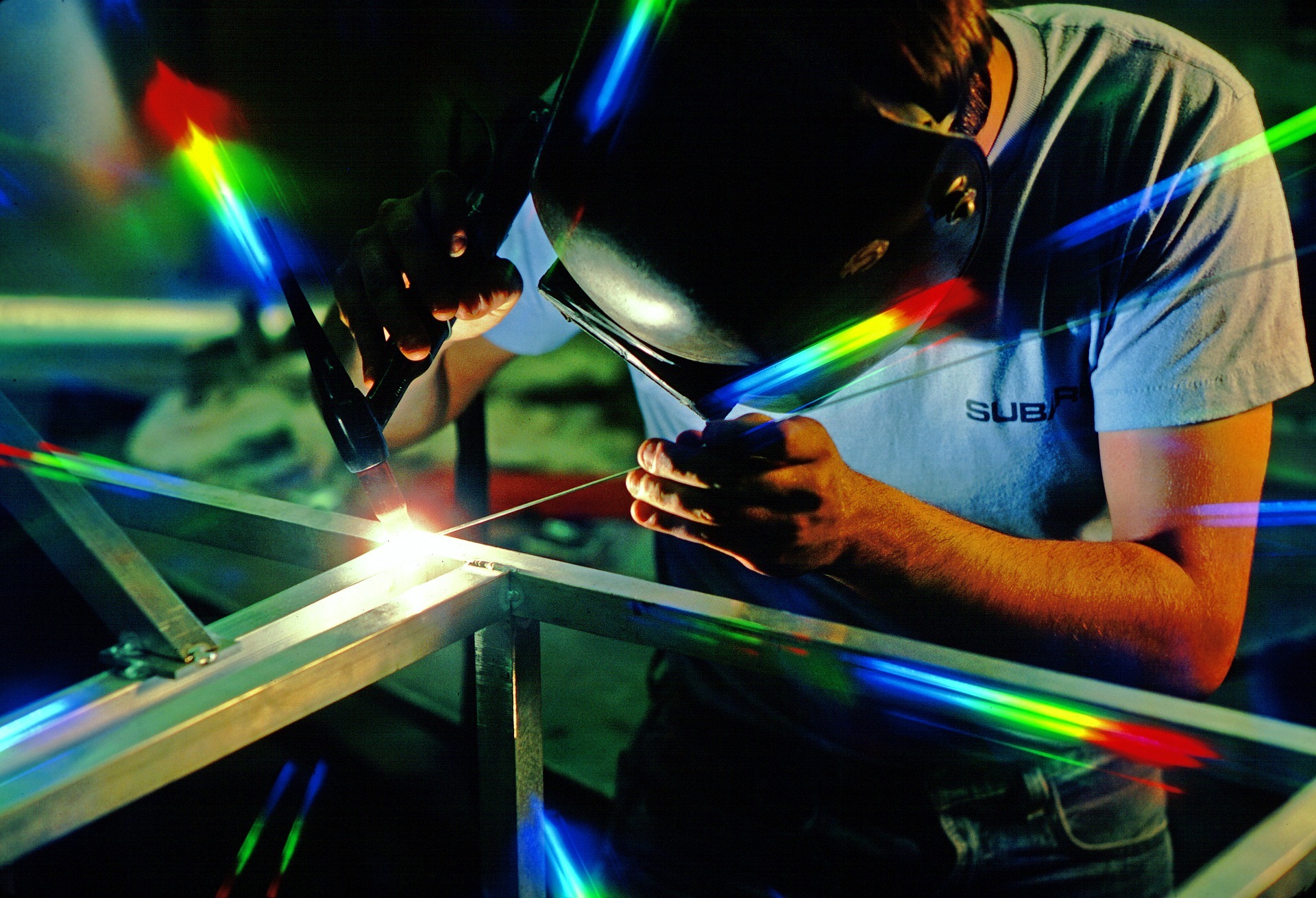Addressing the gender gap in STEM industries
The problem with stereotypes is that they linger. There isn’t an informed individual on the planet who would argue that STEM industries (science, technology, engineering and maths) ought to be male-dominated, and yet, these sectors remain imbalanced towards male representation. This is partly down to the aforementioned stereotype that these sectors ought to be “man’s work”.

Of course, the perception is perpetuated on both sides. For example, the idea of manual labour, like working long hours on an assembly line, tends to be the overall image of the manufacturing sector and it’s hardly an enticing image for many. One study by Women in Manufacturing (WiM) showed that nearly three quarters of women would not consider a career in manufacturing sector for this reason.
The work is there, so how can the STEM industry reshape itself to look more appealing? How can roles be created within the sector without carrying the damaging stereotype along with it? After all, it is difficult to envision yourself in a role, as a woman, when it involves sitting in a predominantly male setting.
One way is, naturally, to lead by example. The FTSE100 was able to increase the number of female-leaderships in 2018 among its businesses. Directorships rose by 1.3 per cent between 2017 and 2018, but out of the 100 companies, only two were from the construction and building sector.
Damage to the industry
Without women being encouraged to take up positions within the STEM sector, the industry as a whole is losing out on a vast amount of talent. One survey in 2016 reported that the manufacturing sector in particular had the largest pool of untapped talent due to the fact that there were so few women in the roles. Plenty of their female staff had Bachelor’s and Master’s degrees but weren’t given the opportunities to move up.
On top of this, 51 per cent of women employed in the sector commented that they have been mistreated due to their gender. This is where stereotypes become something far worse - active discrimination. This isn’t just hurting women, but hurting company growth. Research suggests that for every 10 per cent increase in gender diversity within the workplace, gross profits increase overall by 3.5 per cent.
Hilti managing director, Marci Bonham, comments that, “supporting women as they take their first management steps within the industry will have a positive impact overall”.
Shine Theory at work
This leads us on to the issue of Shine Theory. This states that a person (in this case, women) can spur others to succeed by befriending rather than battling. The idea is that for women, there has been a damaging behaviour of late that women need to “do better” than each other, rather than empowering each other to do the best they can.
Another method of support must come from employers directly. For example, commercial Ford retailer Looker’s launched a female apprentice network in 2018 in order to help tap into the talent pool of women.
Developments
In 2018, The Guardian commented on a study regarding the STEM sector, finding that only 14.4 per cent of all people working in the sector were women. This is despite the fact that women make up nearly half of the UK’s entire workforce.
Prominent figures within the sector could certainly help to bring more women in. For example, a drive to get people interested in physics was successfully spearheaded by Brian Cox. A similar effect could certainly be achieved with notable female STEM figures.
Lucy Desai is a copywriter for Lookers Group
DataIQ is a trading name of IQ Data Group Limited
10 York Road, London, SE1 7ND
Phone: +44 020 3821 5665
Registered in England: 9900834
Copyright © IQ Data Group Limited 2024